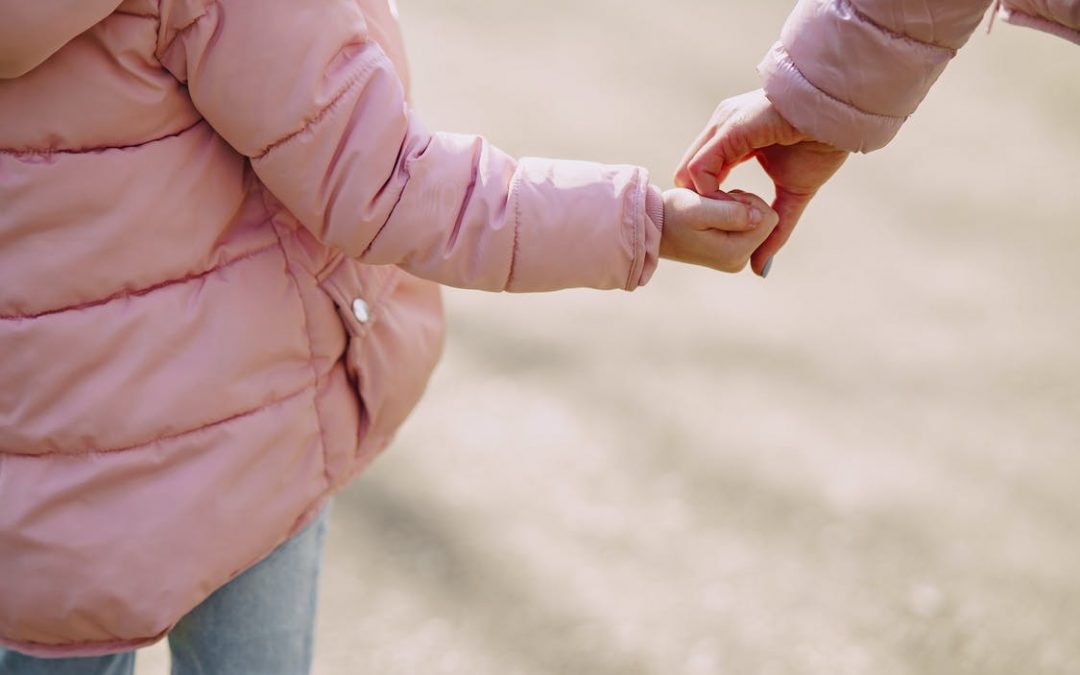As an adult, you know how difficult it can be to stand up for yourself in certain situations. Being assertive is a skill that has to be learnt over time, ideally from a young age. The benefits of being assertive include enhanced self-confidence, understanding your feelings, earning respect from others and improved communication.
As a parent, it is important to teach your child to be assertive instead of being passive or even passive-aggressive. This means your child can voice her opinion honestly and with respect. But how can you raise an assertive child?
How to raise an assertive child
- Teach that saying “no” isn’t a bad thing
Children often connect the word “no” with bad behaviour or not getting their way. However, as a parent, you have to teach your child that saying “no” can help her to express her opinion respectfully. It is also important for your child to understand that “no means no” and that saying it, is enough to stand up for themselves.
- Have a democratic household
Practising how to be assertive starts at home. Allow your child to voice her opinion on certain things such as what outfit to wear. Also, encourage family-friendly debates that involve all family members.
- Always listen to your child
When your child is speaking, make sure you listen and acknowledge her. This way, you teach that what she is saying is important and that her opinion matters.
- Be an example
Your child watches your every move and, therefore, you have a big impact on how she learns to express herself. When you voice your opinion in a confident though respectful way, you are teaching your child to do the same.
- Practice makes perfect
As the parent, you have to be constantly aware of how your child reacts. If you notice any behaviour that doesn’t suit assertiveness, you can easily address it. You can also reward assertive behaviour by saying things like “I liked that you said…” or “I thought you were brave when you said…”.
When you teach our child to be assertive, you are giving them skills to better express themselves, make friends easier, and avoid suffering from victimisation. The earlier you start, the sooner your child will learn how to stand her ground.

